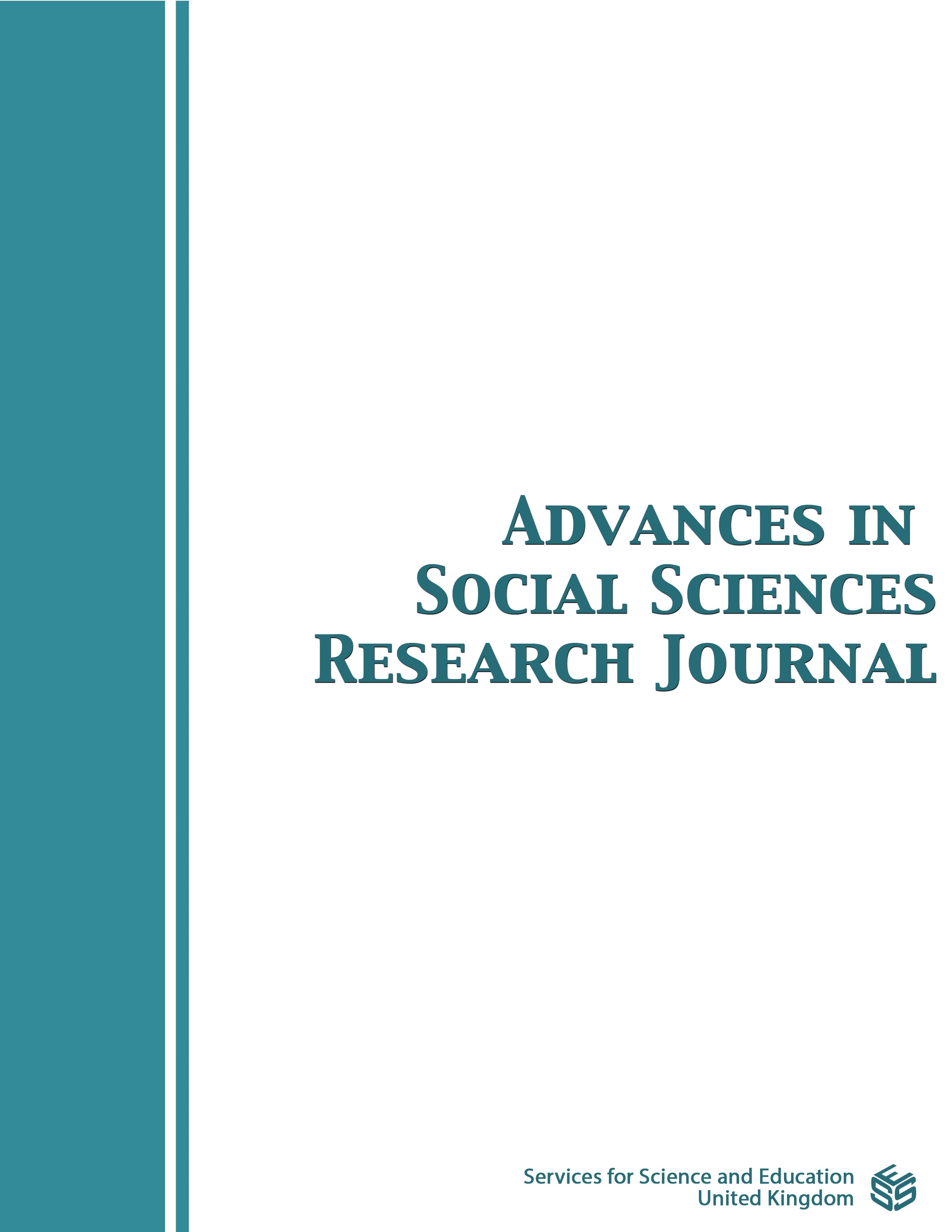Relationship Between Triarchic Psychopathy Personality Traits and Academic Motivation: A Study of Accounting Students in China
DOI:
https://doi.org/10.14738/assrj.109.15470Keywords:
triarchic psychopathy personality, big-five personality, academic motivation, intrinsic motivation, extrinsic motivation, accounting studentsAbstract
With the growth of China’s economy, the accountancy profession in China played a vital role in serving the industry and in regulating the capital market. To be successful in becoming a professional accountant, accounting majors must have both the required skills and professional knowledge and the appropriate personality for that profession. Therefore, it is crucial to find out whether the personality of students studying accounting degrees in China will affect their academic motivations in studying accounting. The purpose of this paper is to investigate the relationship between triarchic psychopathy personality traits and the academic motivation of students studying accounting in China. A self-administered questionnaire survey was conducted to collect data from students who were studying accounting in universities across China. A total of 125 responses were collected for descriptive statistics, and correlation and regression analysis using SPSS 25. The findings of the study suggested that undergraduate students studying accounting degrees were mainly motivated by their concerns about their future career prospects, contribution to the community, and self-exploration. Concerning their personality trait, the highest mean value among the three traits was boldness, which means, to a certain extent, they could remain emotionally stable even if they are working under pressure. Nevertheless, the results of the correlation and regression analysis suggest the relationship between triarchic psychopathy personality traits and academic motivation of students studying accounting in China is not significant. The results, however, could not be generalized to all accounting students in China since the valid samples collected were only 125 and non-probability sampling technique was adopted in this study. The accounting professional bodies may benefit from the findings of this study in their member recruitment strategies, as well as the accounting education providers in assessing the candidates who are suitable for study accounting and in curriculum development of accounting courses.
Downloads
Published
How to Cite
Issue
Section
License
Copyright (c) 2023 Ho Miu Hing

This work is licensed under a Creative Commons Attribution 4.0 International License.
Authors wishing to include figures, tables, or text passages that have already been published elsewhere are required to obtain permission from the copyright owner(s) for both the print and online format and to include evidence that such permission has been granted when submitting their papers. Any material received without such evidence will be assumed to originate from the authors.






